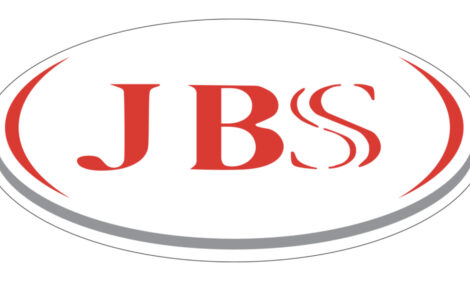



EU unveils €80 million support package for farmers amid COVID-19
After the European Commission unveils its aid package for the agri-food sector, farmers say that the support isn’t fit-for-purpose.According to reporting in the Irish Times, farmers and other agriculture industry groups have said that the measures are too weak to address the scale of economic losses due to COVID-19.
On 22 April, the European Commission announced a series of “exceptional measures” to support the agri-food sector during the COVID-19 pandemic. The Commission earmarked €80 million to bolster the sector. The measures include a private storage aid scheme that allows producers to withdraw products from the market until it stabilises.
The aid comes amid contracting global demand for food as lockdowns shutter the restaurant and hospitality sectors across the EU.
“The consequences of the coronavirus crisis are increasingly being felt in the agri-food sector and this is why we have decided to take swift action, in addition to the measures already taken since the outbreak of the crisis,” the EU’s agriculture commissioner Janusz Wojciechowski said.
The Times reports that farmers groups across the EU have criticised the package, claiming that the supports are too meagre given the scale of the economic downturn.
Irish Farmers Association president Tim Cullinan said the funding amounted to less than €8 for every farmer in Europe.
“I am concerned that the EU Commission appears to be taking agriculture and the food supply chain for granted,” he said.
The proposed storage scheme allows producers to store food for between two and six months to, “decrease [the] available supply on the market and rebalance the market in the long-term,” the commission said.
The commission also said it would introduce, “flexibility for market support programmes,” to reorient funding towards crisis management.
The dairy industry will be exempt from EU competition rules for the duration.
Commenting on the exemption, the commission said, “the milk sector will be allowed to collectively plan milk production,” while noting that storage by private operators would be permitted.
The commission hopes to have these measures implemented by the end of April.
“The measures proposed are, in the present state of market developments, intended to send a signal aimed at stabilising markets and are considered to be the most appropriate for providing stability to future prices and production and thus stable food supplies and food security,” Mr Wojciechowski said.
Read more about this story here.


